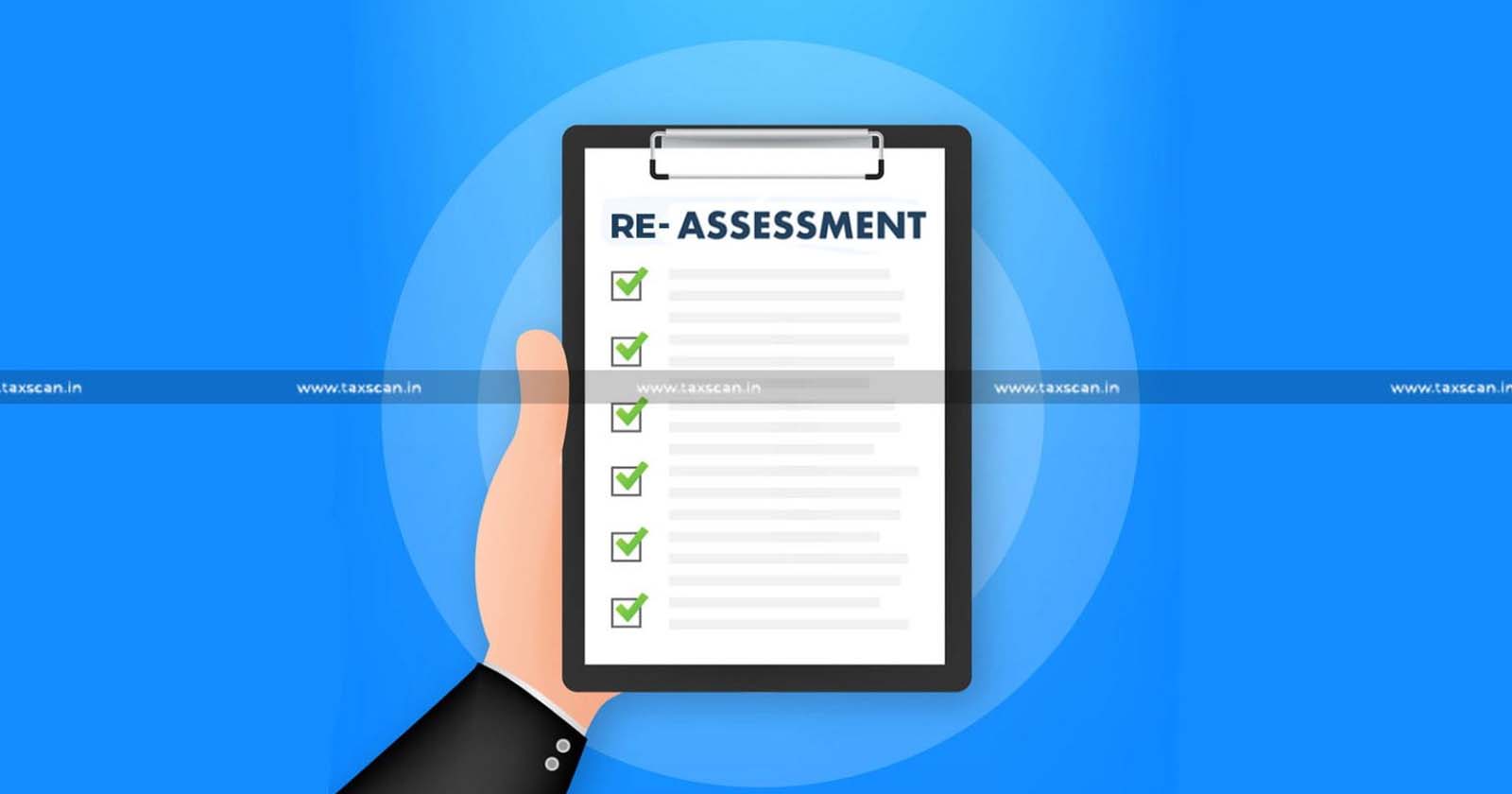Madras HC rules 60% Tax Rate for Demonetization Deposits u/s 115BBE applies Prospectively from 01.04.2017, Orders 30% Tax Reassessment [Read Order]
Considering the tax rate increased to 60% on demonetization Deposits u/s 115BBE applies prospectively from 01.04.2017, the Madras HC ordered reassessment at 30%

Madras HC -Tax Rate for Demonetization Deposits- Prospectively -Tax Reassessment – taxscan
Madras HC -Tax Rate for Demonetization Deposits- Prospectively -Tax Reassessment – taxscan
In a recent ruling, the Madurai Bench of Madras High Court ruled that the increased 60% tax rate under Section 115BBE of the Income Tax Act applies prospectively from 01.04.2017 and ordered reassessment at the earlier 30% tax rate.
S.M.I.L.E Microfinance Limited, the petitioner is a non-deposit-taking NBFC providing microfinance loans to women in Joint Liability Groups with cash transactions.
During the demonetization period (08.11.2016 to 31.12.2016), the petitioner company deposited Rs. 44,39,33,123 in cash into its bank accounts of which Rs. 1,18,57,000 consisted of Specified Bank Notes (SBNs) of Rs. 500 and Rs. 1,000 denominations.
Understanding Common Mode of Tax Evasion with Practical Scenarios, Click Here
As per the company’s cash book, the cash balance on 08.11.2016 was Rs. 19,06,251 leaving a discrepancy of Rs. 99,50,749 in the deposited amount. The Income Tax Department issued notices under Sections 143(2) and 142(1) of the Income Tax Act and initiated scrutiny proceedings to verify the sources of cash deposits during the demonetization period.
The department categorized the discrepancy of Rs. 99,50,749 as unexplained cash credits under Section 68 of the Income Tax Act. A 60% tax rate under Section 115BBE was applied to the unexplained cash credits along with a surcharge and penalties which led to a total tax liability of Rs. 1,30,50,323.
The petitioner challenged the 60% tax rate before the Madras High Court arguing that Section 115BBE was amended on 15.12.2016 effective from 01.04.2017 increasing the tax rate from 30% to 60%, and could not be applied retrospectively to transactions before 01.04.2017.
Understanding Common Mode of Tax Evasion with Practical Scenarios, Click Here
The petitioner’s counsel claimed that the deposits were repayments from borrowers and consistent with previous years' patterns, asserting that no unusual activity occurred. The petitioner’s counsel pointed out a violation of natural justice as the Tax Department relied on information from banks and borrowers without sharing these details or granting the petitioner an opportunity to rebut them.
Justice S. Srimathy reviewed the legislative intent of the Taxation Laws (Second Amendment) Bill, 2016, and found that the increased 60% tax rate was meant to address future transactions post 01.04.2017 and was not intended to apply retrospectively.
The court observed that the use of the word "again" in the legislative intent indicated the focus was on preventing future misuse not penalizing past transactions.
The court determined that imposing the 60% tax rate retrospectively violated legal principles and directed reassessment at the earlier 30% rate. The assessment order was set aside and the matter was remanded to the Income Tax Department for reassessment with directions.
To Read the full text of the Order CLICK HERE
Support our journalism by subscribing to Taxscan premium. Follow us on Telegram for quick updates


